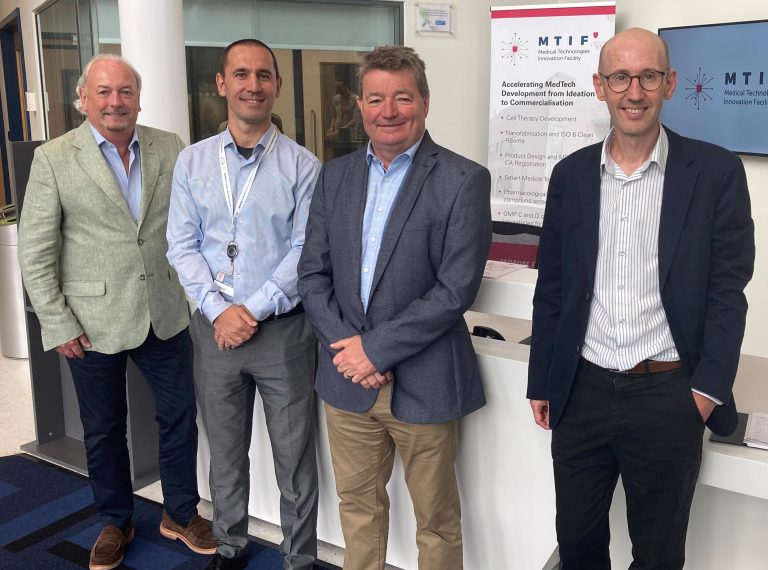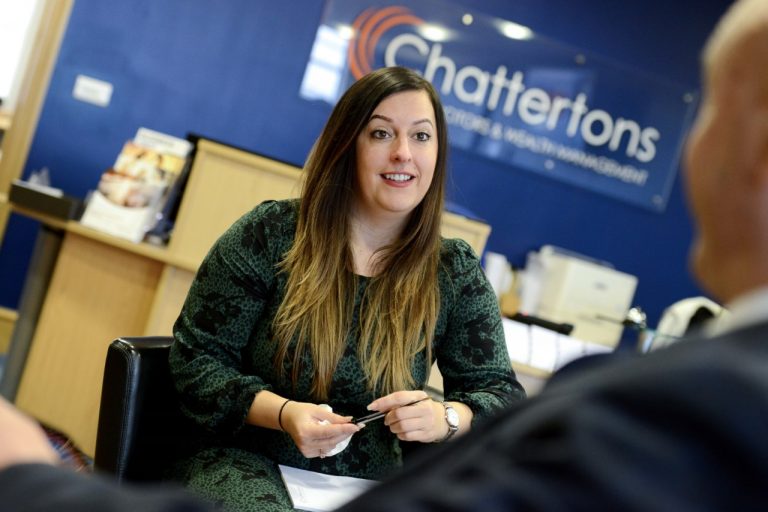2023 Business Predictions: Simon Rice, founder and Managing Director of HSG
Games Workshop appoints new chair
Major shareholder proposes removal of Topps Tiles chairman
MSG owns Cersanit, a major European producer of tiles, in addition to having a range of home improvement and tile retailing interests, primarily in the Polish market.
Topps first received a notification of shareholding from MSG in May 2020, stating that MSG had a 4.1% beneficial interest in the voting share capital of Topps. By November 2020, MSG had built its shareholding to 20%. At this time, Cersanit was a minor supplier to Topps.
In 2021, MSG approached Topps regarding the potential appointment of an MSG representative to the Board, and proposed that Topps should purchase a greater proportion of its tiles from Cersanit. Topps rejected these plans.
Subsequently, MSG voted against the re-appointment of Darren Shapland as chairman of Topps at the 2022 annual general meeting. Since July 2022, MSG has increased its beneficial shareholding in Topps to 29.9% of the company’s voting share capital.
Darren Shapland, non-executive chairman of Topps, said: “The Board strongly rejects these proposals, which it believes expose a clear conflict of interest between MSG’s objectives for Cersanit and the interests of all Topps shareholders. The Board welcomes the support received from our other largest shareholders, who have confirmed their intention to vote against the Requisitioned Resolutions at the AGM.”
Keith Down, senior independent director of Topps, said: “The Board unanimously rejects these resolutions which it does not consider to be in the best interests of the company and its shareholders as a whole. In proposing a resolution to remove the chairman, who has led communications with MSG on behalf of the Board, MSG is seeking simply to strengthen its own position.”
Amazon brings Alexa Young Innovator Challenge to the East Midlands as new research reveals STEM gaps in local schools
- 63% 107 of secondary school teachers surveyed in the East Midlands agree that AI should be part of their school’s syllabus, while 82% 43 of teachers in the East Midlands surveyed believe access to free AI and computer science learning resources linked with the curriculum would help students better engage in computer science.
- Among teachers surveyed in the East Midlands, almost two thirds (62%) 61 have limited access to computer science resources, rising to three quarters (76%) 70 when focused exclusively on AI.
- While two thirds (67%) 125 of secondary school teachers surveyed in the East Midlands believe that education in computer science better prepares students for future careers in all sectors, less than one in three (31%) 152 say AI learning is only part of an opt-in or extra paid-for club and not part of the syllabus.
- Two thirds (66%) 198 of secondary school teachers surveyed in the East Midlands say children don’t have enough information to understand future career opportunities that involve computer science and AI.
- Three quarters (74%) 92 of secondary school teachers surveyed in the East Midlands who think schools should be making an active effort to increase education and resources around AI and CS, say that without increased STEM education and resources, there will be long-term skill gaps












